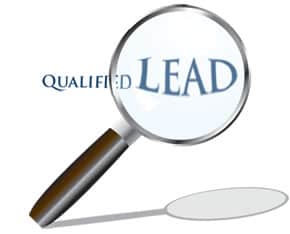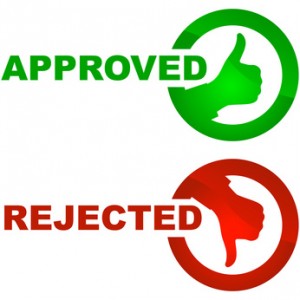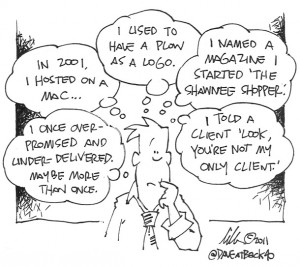Account Level Lead Scoring
 Consider account level lead scoring for your business. By using lead nurturing, inbound marketing, lead scoring, and marketing automation platforms, today’s B2B marketers are able to generate and qualify leads faster and more efficiently than they ever could in the past. By automating functions within the marketing funnel, leads can be quickly qualified, nurtured, and closed with significantly less manpower.
Consider account level lead scoring for your business. By using lead nurturing, inbound marketing, lead scoring, and marketing automation platforms, today’s B2B marketers are able to generate and qualify leads faster and more efficiently than they ever could in the past. By automating functions within the marketing funnel, leads can be quickly qualified, nurtured, and closed with significantly less manpower.
However, there is still significant room for improvement in regards to B2B account-level qualification. In a complex B2B buying process, it is uncommon for a single individual to make a purchasing decision.
There are a variety of roles within a company that have different needs and perspectives on purchases that will affect the company as a whole. The more marketers can do to reach, qualify and link these roles, the better they will be able to deliver quality lead nurturing and improve their sales efficiency.
The building blocks for account-level lead scoring include:
Adjust scoring models
The basic scoring model for individuals will need to be tweaked to account for both individual behavior, as well as a company’s behavior as a whole. B2B marketers will need to start by defining what constitutes an “account” using the same criteria as you would for sales force management. Systems will need to be in place to determine whether buying decisions for certain products or services are made at the corporate level or at the individual store level.
Focus on the buying process of the company as a whole
Depending on a potential lead’s role in a company, they will have a different purpose while researching decisions online. Let’s take for example the decision to purchase a new software system. Every department that plans to use the program will have their own set of criteria that it needs to meet. In some businesses, the IT or purchasing department may gather the information on the suggested software and present it to everyone else.
However, some companies will ask each individual department manage to review and test the software online before they are willing to move forward with it. It is critical that lead scoring criteria is designed to determine each lead’s role in the buying process and understand who has the greatest purchasing authority.
Integrated data
The last building block for account-level lead scoring is combining lead behavior from individuals within the same company. The lead scoring criteria will need to be able to recognize when multiple contacts from a single account have visited specific webpages over the course of a few days. More activity from the same business means a greater chance of conversion. Being able to recognize this and act upon it will be priceless.
B2B marketers are starting to focus more on account-level qualifications, so they can tap into a company’s researching and purchasing behavior as a whole. By adjusting existing scoring models to include accounts, focusing on each individual’s role within the buying process, and integrating data, marketers can develop an effective and efficient account-level strategy that will generate more sales-ready leads.











